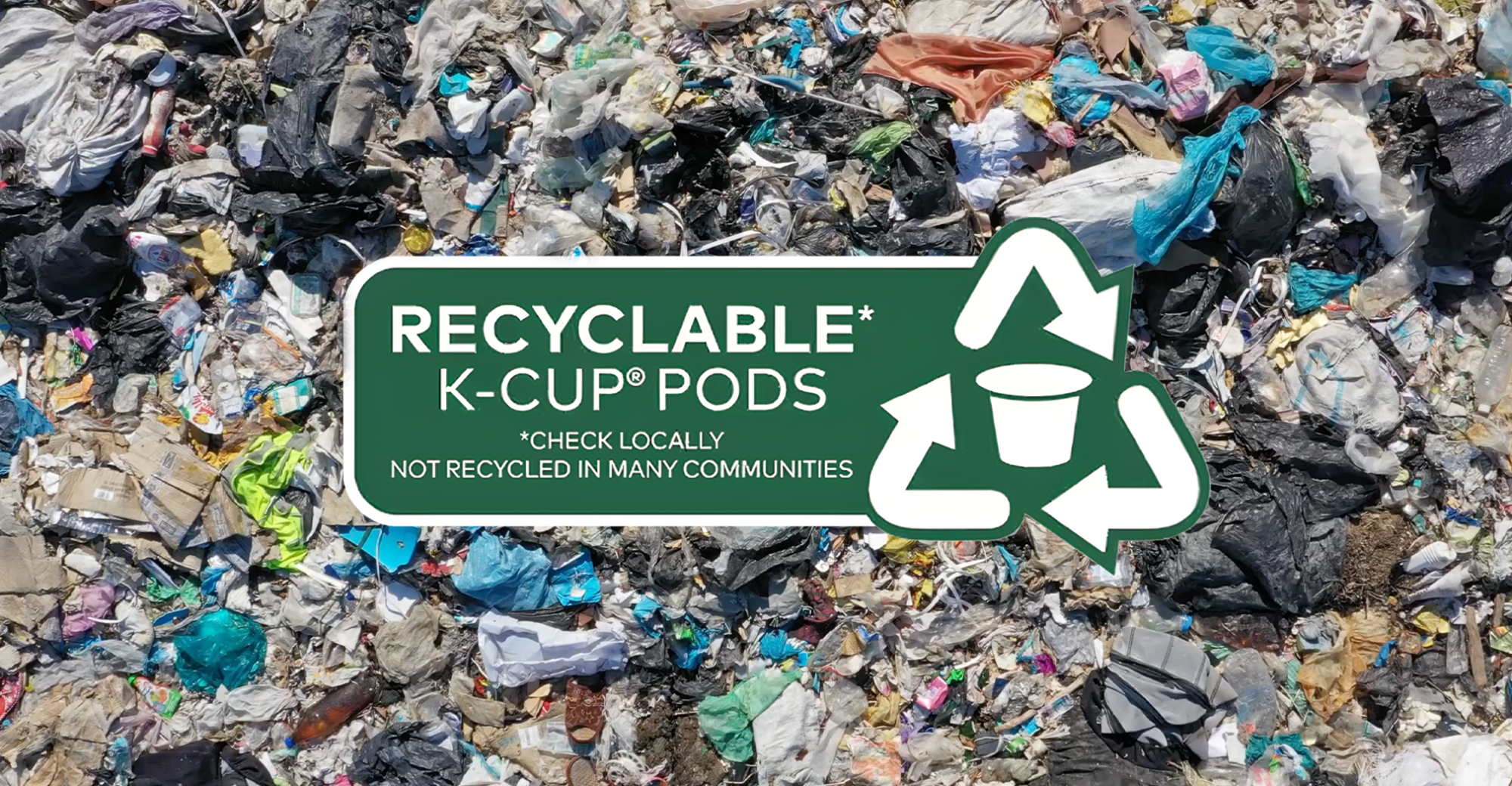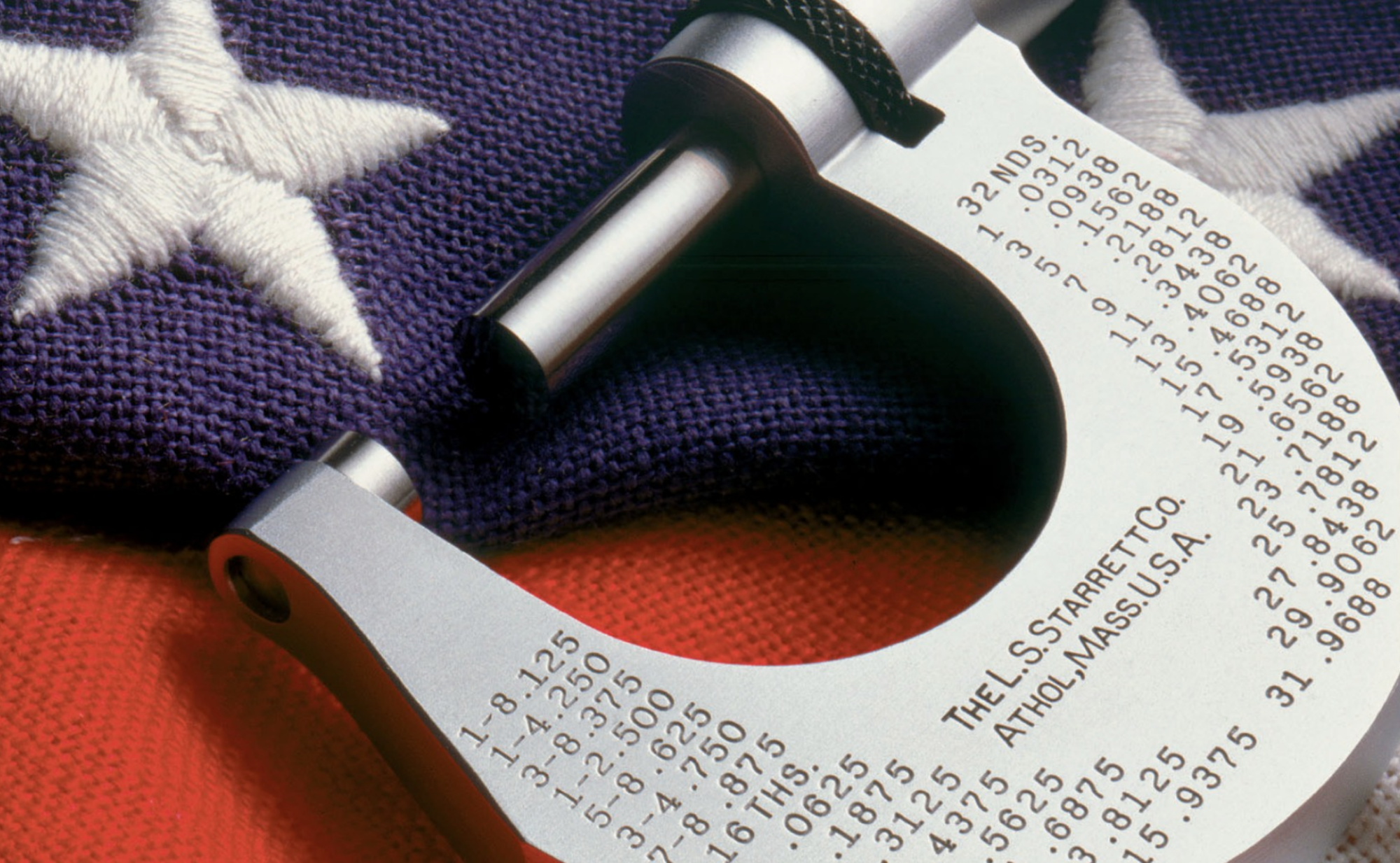
Hellmann’s Super Bowl Ad
It’s so good, so good, so good.
In August 2013, a federal judge dismissed a class-action lawsuit filed against Apple for allegedly falsely advertising its MacBook Pro with Retina Display (rMBP). Specifically, the complaint, which was filed in March 2013, alleges that Apple advertised the rMBP as having “the highest quality computer display” and “the world’s highest-resolution notebook display” when, in reality, one of the LCD screens used in the product is highly susceptible to performance flaws. The judge dismissed the lawsuit because the plaintiffs did “not identify any affirmative misrepresentation made by Apple” and failed to show a likelihood of future injury. (Hodges et al. v. Apple, Inc., Case No. 13-cv-01128, N.D. CA.).
It’s so good, so good, so good.
MADISON, CONN. Jan. 27, 2026 – Beverage giant Keurig Dr Pepper is deceptively marketing its single-serve K-Cup pods as “recyclable” in violation of state and federal laws, according to an…
TINA.org nails down the truth behind these US-origin claims.
TINA.org files complaints over company’s deceptive “recyclable” claims.
Steve Toloken, Plastics News


